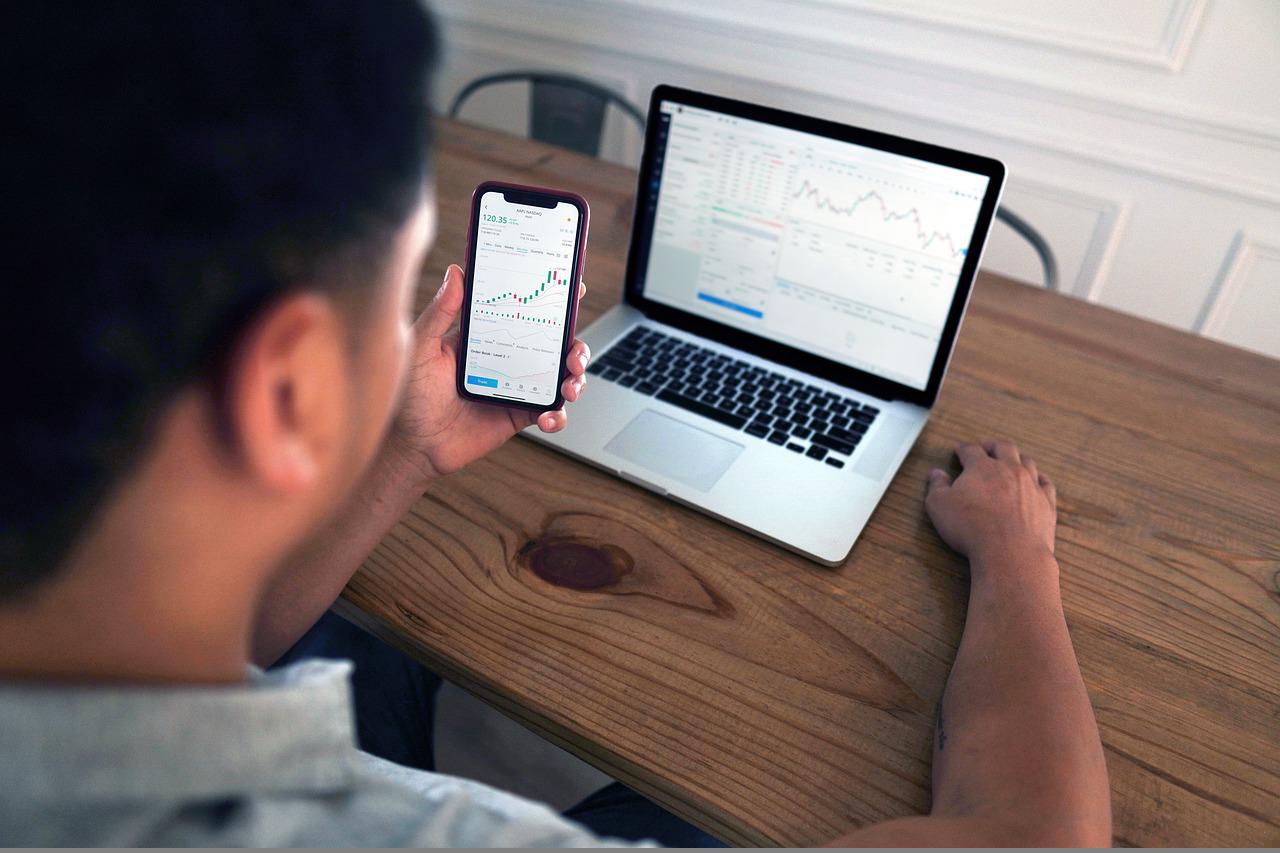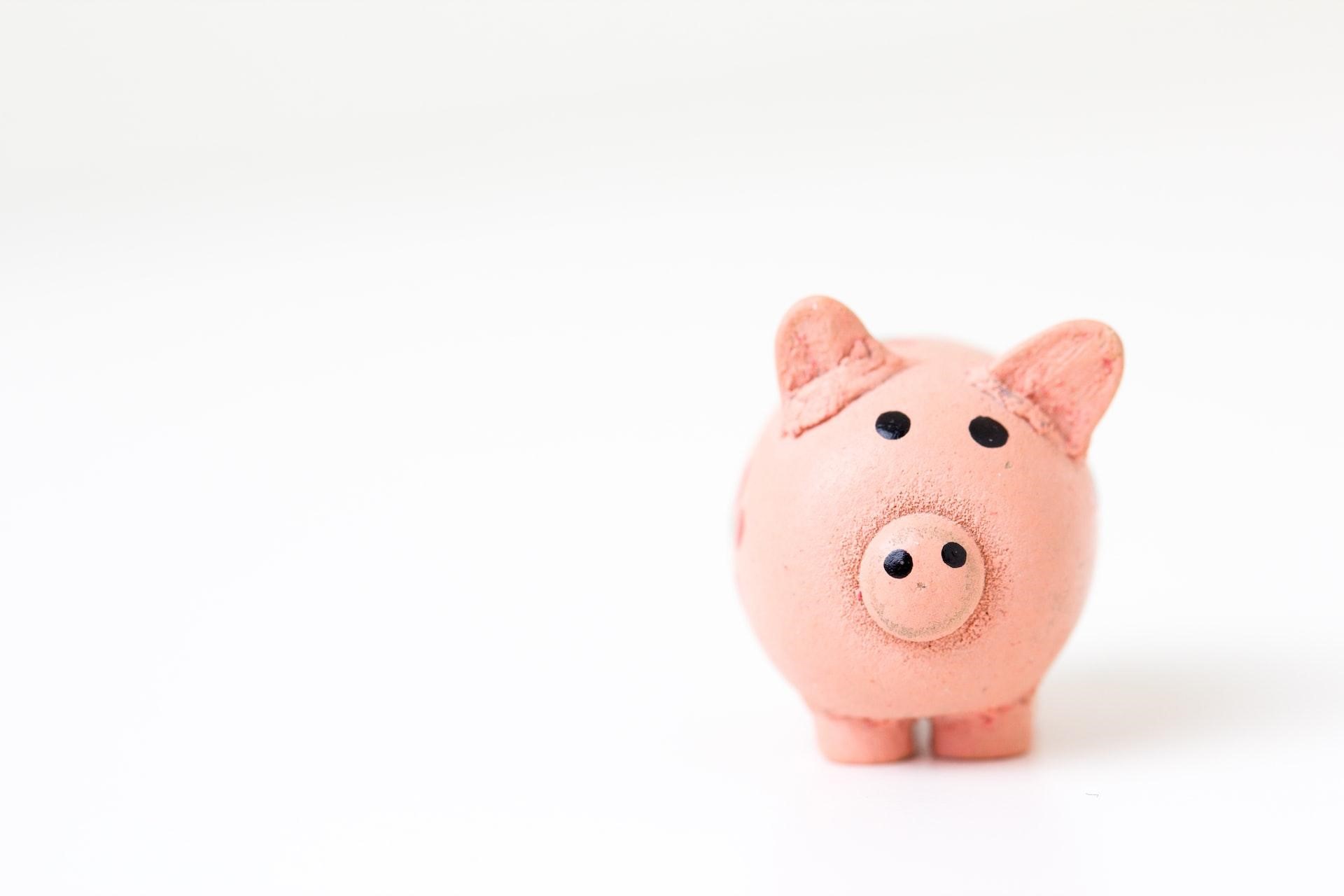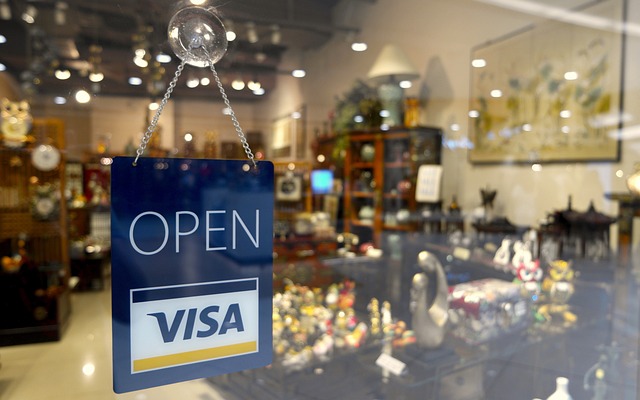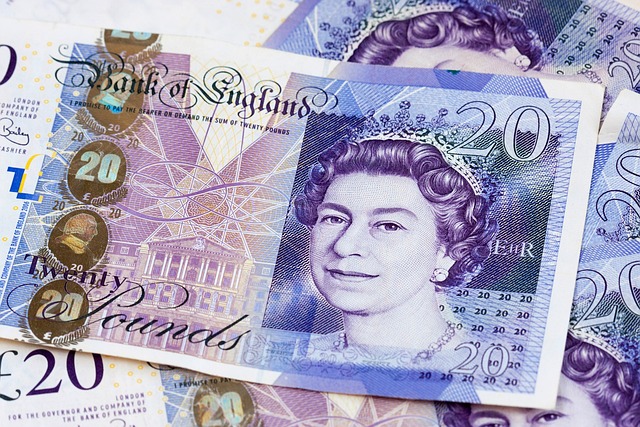Study shows only 8% of businesses prepared for PSTN Switch Off – how to make sure you aren’t caught out
Whilst we might only be in 2023, the time for the Public...
Cousin Pat Therapy Uses Social Media to Spread the Message of Mental Wellness
Cousin Pat aka Dr. Patrick Argiro of Cousin Pat Therapy...
JD.com Showcases Chinese New Year Grand Promotion Trends; Promotes New Atmosphere
The annual Chinese New Year Grand Promotion came to Chinese...
A Complete Guide to Development Finance
What is Development Finance? Development finance is a type...
MARCHING AWAY FROM THE BANK: 25 MILLION BRITS SET TO ABANDON THEIR YEARLY SAVING GOALS TODAY
With March beginning today, it seems Brits are...
More Than Half of UK Adults Check Ethical Credentials of Savings Accounts Before Putting Forward Money
A new study conducted by Gatehouse Bank has revealed that...
The Best UK savings accounts and rates for 2023 – Get up to 5% !!
We have searched the current top ten regular savings...
Green for go – a budget wishlist for small businesses
Purbeck Personal Guarantee Insurance, the provider of...
VISA Steams Ahead With Crypto
Visa has made it clear that its plans for crypto-related...
Aston Martin claims profitability will improve this year after a rough 2022
After a tough 2022, Aston Martin expects profitability to...










 Bitcoin
Bitcoin  Ethereum
Ethereum  Tether
Tether  XRP
XRP  USDC
USDC  Solana
Solana  TRON
TRON  Lido Staked Ether
Lido Staked Ether  Cardano
Cardano  Avalanche
Avalanche  Toncoin
Toncoin